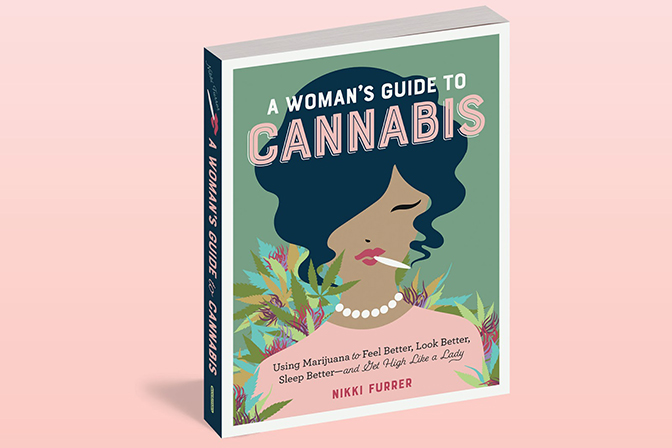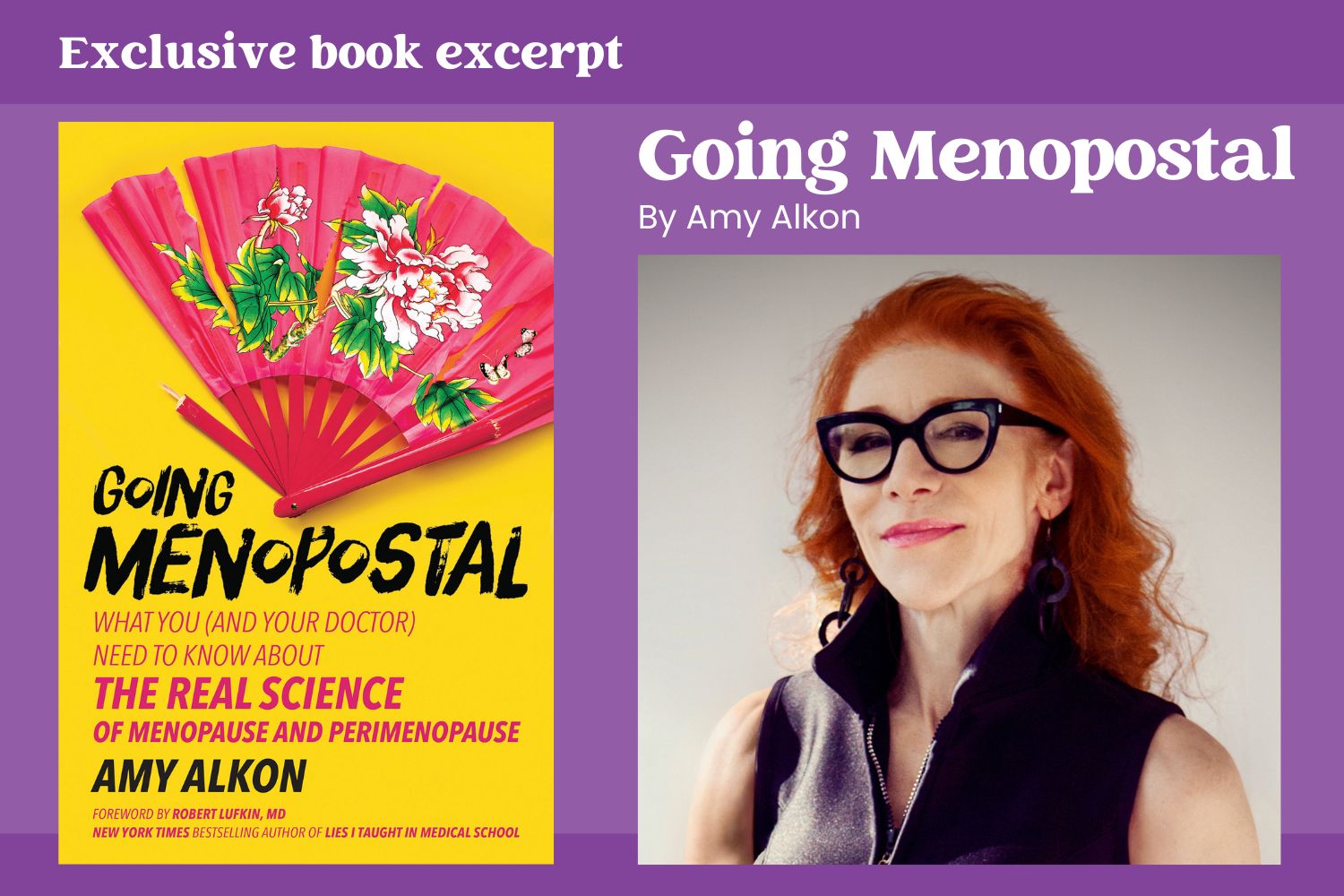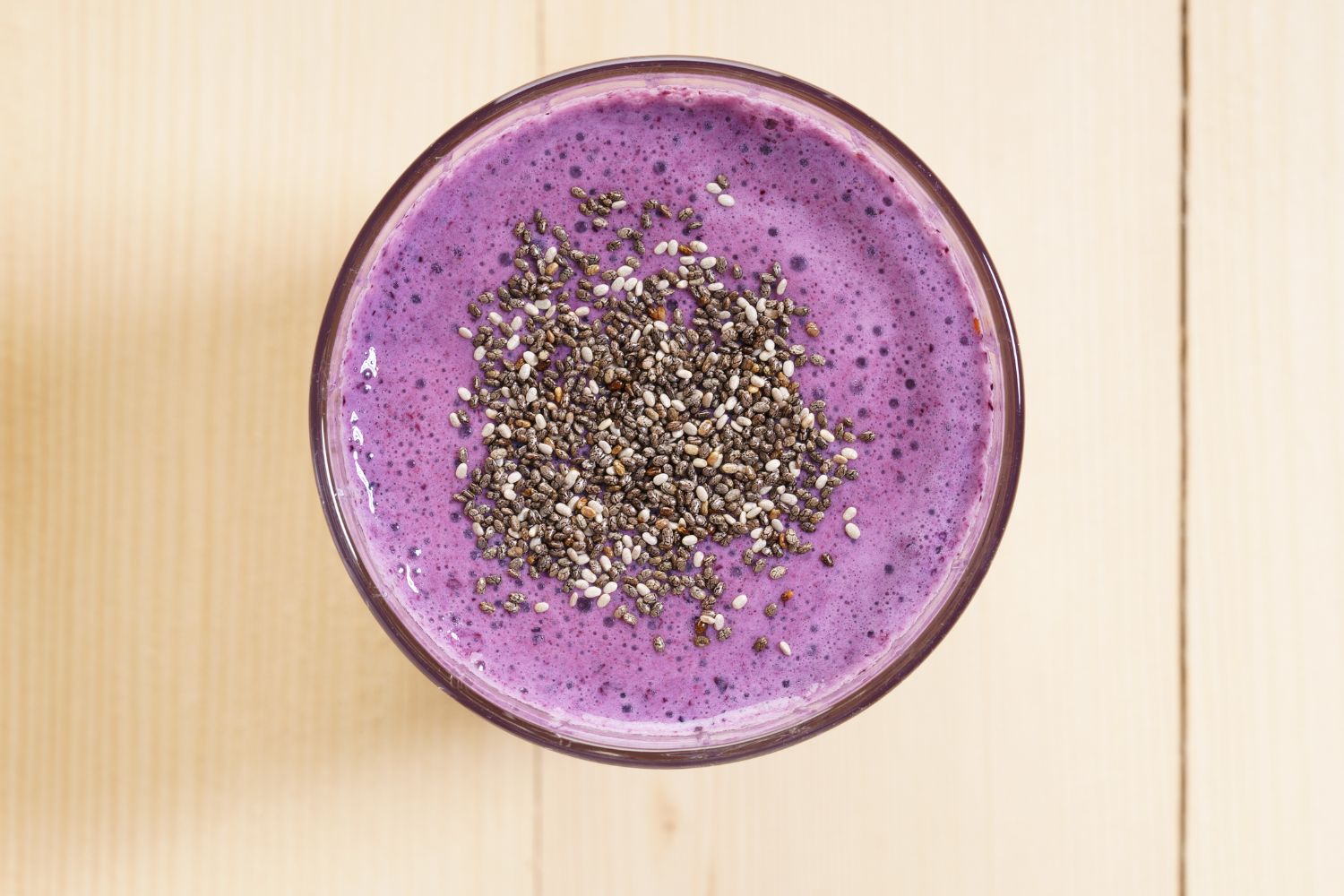
Why I started smoking weed in my 40s
Always late to the party, I started enjoying weed in my 40s. Laced attempts in my youth and a punk-rock preference for alcohol distanced me from cannabis and the Birkenstock-up kids smoking it. Stoned looked too boring, and “drug dealers” seemed too scary. Yet, now with the growing legalization — and accessibility — of cannabis in every form from gummies to grass, what was once strange seems safe. I blame Nancy Reagan for this misunderstanding and (while this is a much larger socio-racial issue) want to shine some light on why it’s healthy for us women to get lit.
1. High expectations: Cannabis increases orgasms
Cannabis helps women who have difficulty having orgasms — and enhances the frequency and quality of women’s orgasms, according to Psychology Today. In fact, a recent study in Sexual Medicine concludes that women who used weed before sex and those who partook more frequently were more than twice as likely to report satisfactory orgasms as those who did not. Many call it an aphrodisiac, while others say it simply reduces performance anxiety — a terrible reason not to get off.
2. Budding research: Cannabis eases perimenopausal symptoms
Decreased estrogen levels, or the onset of menopause, can lead to an overwhelming list of symptoms, including insomnia, anxiety, and hot flashes, as reported in Menopause: The Journal of the North American Menopause Society.
The journal’s study assessed 258 participants and determined that 86% of surveyed women use cannabis to ease certain perimenopausal symptoms, such as low libido, mood or anxiety, and trouble sleeping. These perimenopausal women reported the most severe symptoms in the group and were the greatest endorsers of cannabis for their relief. Why the accolades? Menopause suggests that cannabis works to dim the prefrontal cortex, which ultimately helps us calm down and reduces these annoying symptoms.
3. Pot luck: Cannabis can help with sleep
Speaking of sleep, women are twice as likely as men to experience insomnia due to hormones, anxiety or depression, and (unbalanced) caregiver responsibilities. It’s hard to prove if or how weed helps us sleep due to factors like dispensary vs. street strains, sleep data mostly from patients with cancer or other chronic conditions, and frequency of use. Still, patients with sleep disorders reported better rest and less need for prescription meds when using weed. Plus, cannabis has a mild sedative effect that could help induce sleep and promote REM, which means more restful nights.
4. Joint venture: Cannabis reduces chronic pain
The Centers for Disease Control and Prevention (CDC) claims that anywhere from 11 to 40 percent of adults in the U.S. suffer from chronic pain — and 70% of chronic pain sufferers are women. This is due to many factors, including hormones and the fact that we have twice as many nerves as men. According to a study conducted in, get this, 2015, docs determined that cannabis may be effective for treating some types of chronic pain, including neuropathy.
THC, the main psychoactive in weed that gets you high, interacts with the body’s natural cannabinoid receptors to temporarily reduce pain signaling and perception. Likewise, CBD — another of 113 recognized cannabinoids that does not create a high, and thus in many OTC and topical products — acts as an anti-inflammatory and suppresses pain.
5. To be blunt: Cannabis can substitute for alcohol
Wine-o-clock, anyone? According to the National Institute on Alcohol Abuse and Alcoholism (NIAAA), women are the fastest-growing population of alcohol users in the U.S. — with stress playing a critical role. Additionally, women are more likely than men to experience long-term negative health effects from excessive alcohol use.
As we know, substitute therapies for tobacco (like nicotine replacements) and heroin (methadone) have been available for some time, while replacements for the so-often-normalized alcohol has been more elusive. According to the journal Alcohol Alcohol, in order for cannabis to be considered a viable substitute, it should:
- Be able to reduce alcohol use and related harms
- Be free of harm, or at least less harmful than alcohol
- Be less than that of alcohol to misuse
- Shown that it can substitute for alcohol and not be used along with alcohol
- Be safer in overdose than alcohol
- Not increase the effects of alcohol, especially when ODing
- Offer significant health-economic benefits.
The study concluded that cannabis substitution for alcohol can improve overall health and that replacing cannabis for alcohol may reduce drinking and related problems for those who are alcohol-dependent. Perhaps more importantly, cannabis is both safer and potentially less addictive than the often-prescribed benzodiazepines and pharmaceuticals that can substitute for booze.
For more info on cannabis, look forward to our column, Women & Weed. You can also check out A Woman’s Guide to Cannabis by Nikki Furrer, a comprehensive book — not to mention, a dope gift — for more insight.
Sources:
Alcohol Research: Volume 40, Issue 2
CDC: Alcohol and Public Health
National Institute on Alcohol Abuse and Alcoholism
National Library of Medicine: Alcohol Alcohol
National Library of Medicine: Sexual Medicine
National Library of Medicine: Canadian Pharmacists Journal
National Library of Medicine: Cannabis
National Library of Medicine: Clinical Crossroads
National Library of Medicine: Front Pharmacol
Menopause: The Journal of the North American Menopause Society
Science Direct: Neurobiology of Stress
University of Michigan, Michigan Medicine




